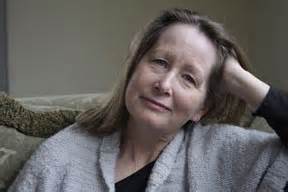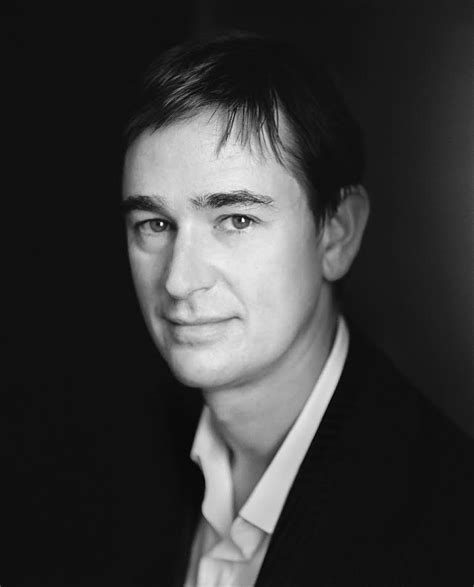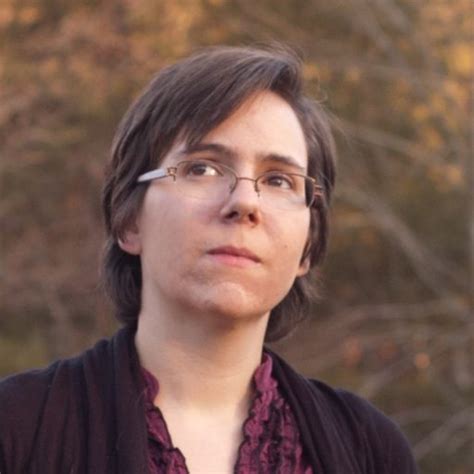A Quote by Anthony Marra
For the years I spent working on it, 'Constellation' was the only novel I knew how to write, so maybe I still abided by the maxim? Regardless, I prefer the maxim: Write what you want to know, rather than what you already know.
Related Quotes
That's the old AA maxim, "Always have a drink in your hand and you'll never want a drink." That's one of the most classic deceptions in the literature: "I'll take a drink tomorrow." I actually don't think that's necessarily a very helpful maxim in AA, but it's a very good maxim in showing how strategic self-deception can be employed, even self-consciously. That's the amazing thing, to me, about self-deception.
I think the plasticity of the novel is its greatest challenge. There are no rules; there is no necessary form. You can know what you want it to be, or do, and still not know how to write it. There are endless possibilities, infinite choices. What voice should it be in? What events to start with? What characters will be part of it?
I don't know how to write a novel in the world of cellphones. I don't know how to write a novel in the world of Google, in which all factual information is available to all characters. So I have to stand on my head to contrive a plot in which the characters lose their cellphone and are separated from technology.





































